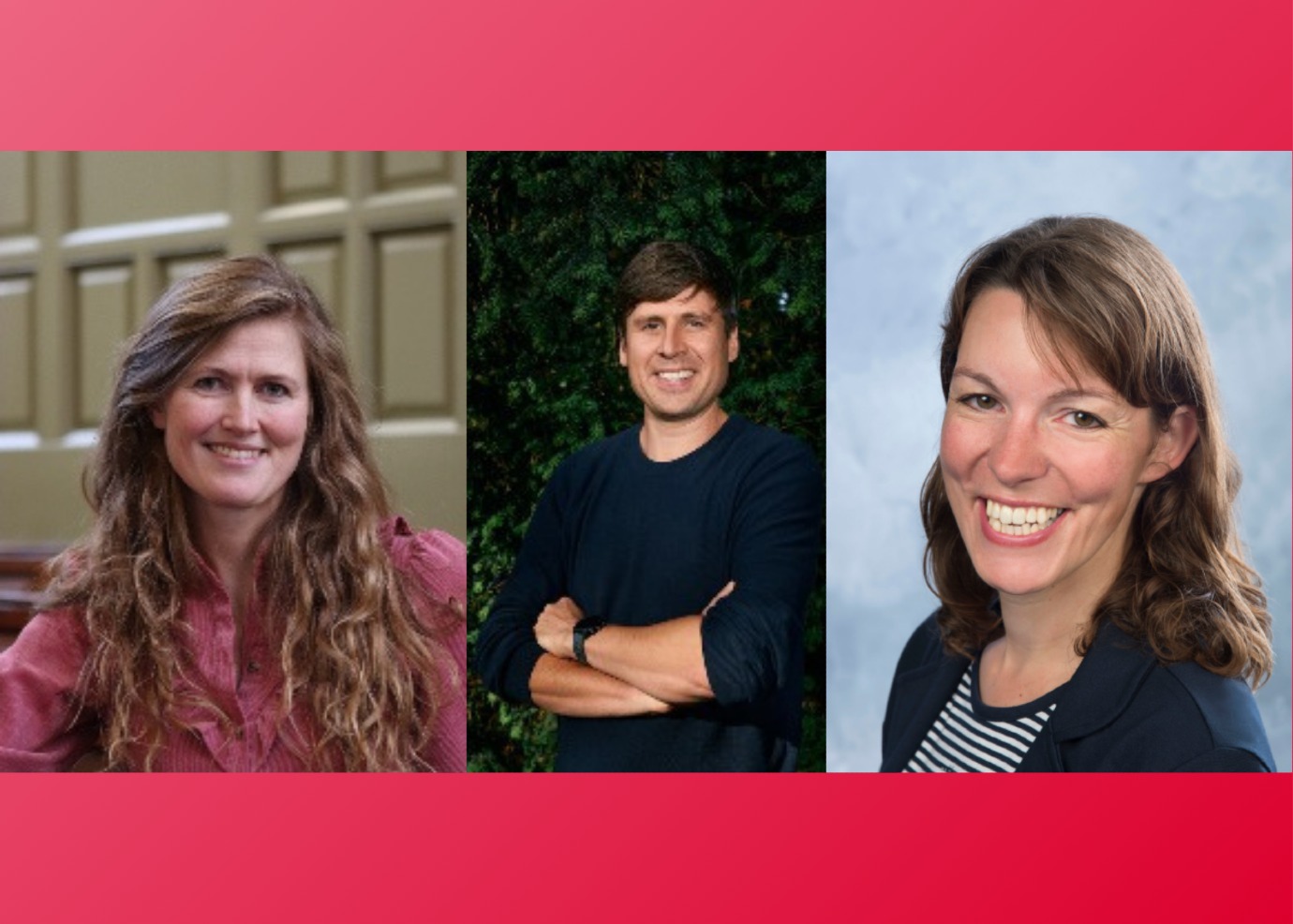Vidi Grants for Jasperina Brouwer, Thijs Bouman and Namkje Koudenburg

Jasperina Brouwer, Thijs Bouman en Namkje Koudenburg, all researchers working at the Faculty of Behavioural and Social Sciences, have been awarded a VIDI grant. With this grant, the researchers can develop their own innovative research plans and establish their own research groups.
Dr Thijs Bouman: A Climate of Cynicism: Causes, Consequences and Remedies Relating to Widespread Cynicism about People’s Value-Basis for Climate Action
There is an urgent need to address climate change, yet action is lacking. Limited engagement in climate action is often interpreted with cynicism: “people are primarily self-interested and undervalue society and nature”. However, the opposite turns out to be true. Most people value nature and society strongly, and are willing to support and take climate action. This Vidi project examines whether cynicism, rather than indifference, hinders climate efforts. Does it discourage individuals from participating? Does it prevent decision-makers from implementing those policies that enable climate action? And could reducing cynicism be vital for achieving a sustainable society?
Dr. Jasperina Brouwer: The future of informal care
This longitudinal study investigates the conditions for providing sufficient informal care by developing the Social Care model to study how individual, social and societal determinants (legal regulations, policies, social norms and values), influence changes in caregiving networks. Based on collected empirical data, simulation models will explain which conditions enable citizens to provide informal care and what future available care will look like, given demographic changes. The findings are crucial for developing solutions that ensure sustainable informal care.
Dr. Namkje Koudenburg: The Conversational Dynamics of Polarization: Bottom-Up Drivers of Societal Division and Democratic Resilience
Polarization is one of the major challenges of democratic societies. Taking a bottom-up approach, this research examines whether micro-dynamics in everyday (political) conversations can fuel societal polarization. It also tests whether subtle changes in conversational form contribute to a healthier democratic debate. The goal is to develop practical tools and interventions—together with governments and media partners—to reduce the tension that arises from opinion differences and improve public debate.
More news
-
20 January 2026
Alcohol, texting, and e-bikes
-
13 January 2026
Lonneke Lenferink joins The Young Academy
-
08 December 2025
Citizen participation essential for a sustainable energy future


